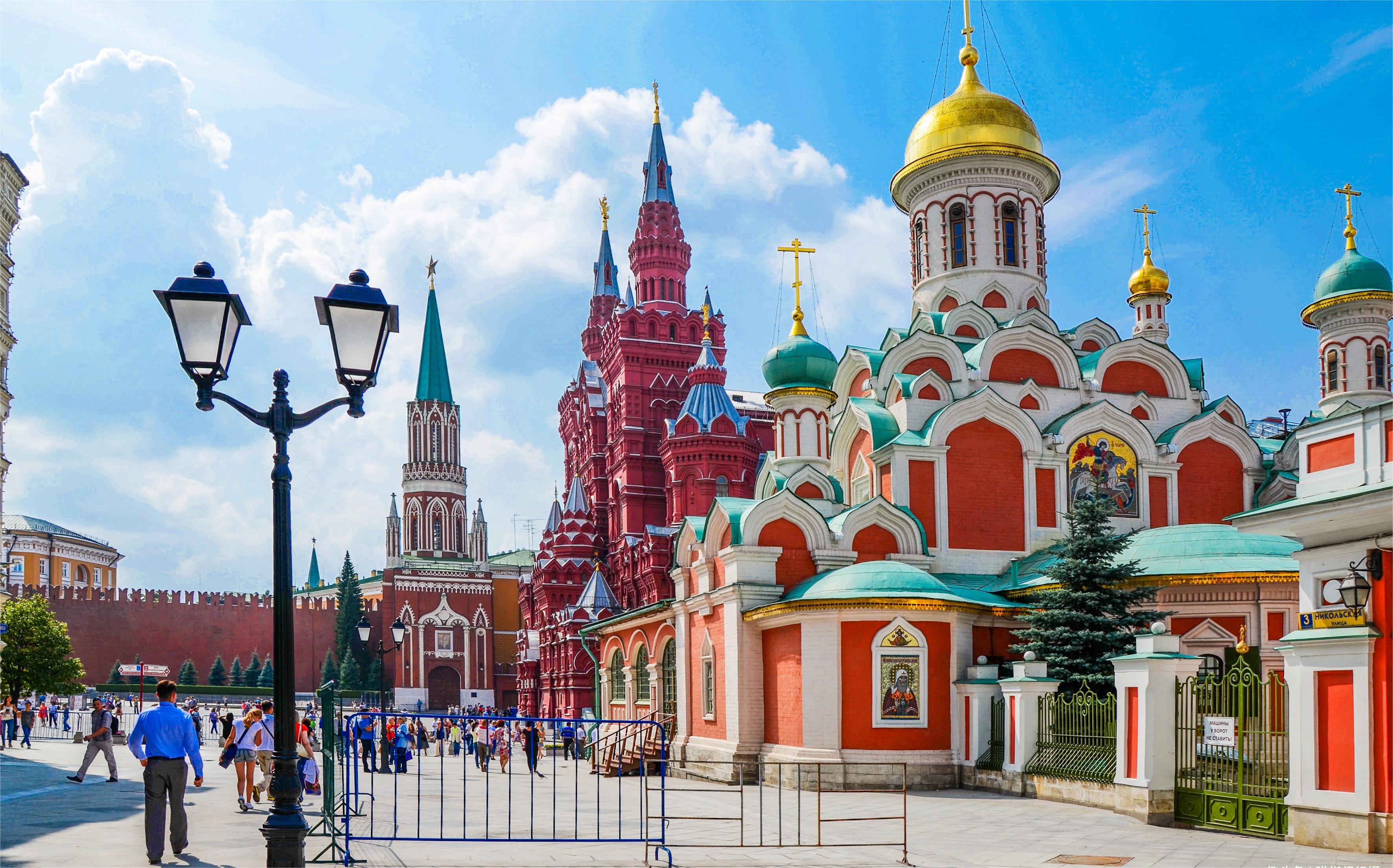
In the globalized business environment, employee benefits and holiday systems vary significantly from country to country. Particularly for multinational companies, understanding and adapting to these differences is crucial for managing international teams. Russia, with its unique cultural and historical background, has employee benefits and holiday systems that reflect its deep-rooted traditions and social values. For Human Resources (HR) professionals, mastering this information is vital not only to ensure company policies comply with local laws and regulations but also to enhance employee satisfaction and work efficiency. Therefore, this guide aims to provide a comprehensive perspective on Russia’s employee benefits and holiday systems, helping HR professionals better understand, plan, and implement relevant policies.
Public Holidays
Russian public holidays are not just days for rest and celebration; they are deeply rooted in the nation’s culture, history, and traditions. Here are more detailed descriptions of these major public holidays:
New Year Holidays (January 1st to 5th): New Year is one of the most significant holidays in Russia, with almost nationwide closures. This period is filled with celebrations, including family gatherings, fireworks displays, and public entertainments. People typically decorate their homes and streets, exchange gifts, and prepare special festive foods.
Orthodox Christmas (January 7th): Russia celebrates Christmas on January 7th, following Orthodox tradition. On this day, people attend church services and enjoy festive meals with their families. Compared to Western Christmas, Orthodox Christmas places more emphasis on religious significance.
Defender of the Fatherland Day (February 23rd): Originally commemorating the establishment of the Soviet Army and Navy, it is now a day to celebrate Russian armed forces. Military parades and performances are held across Russia. It is also a day to honor Russian men.
International Women’s Day (March 8th): This day celebrates women’s achievements in social, political, and economic spheres. Men typically give flowers and gifts to their female colleagues, friends, and family members.
Labor Day (May 1st): Labor Day celebrates workers and the working class. Although its origins are linked to the Soviet-era socialist movements, it is now more a celebration of spring.
Victory Day (May 9th): Victory Day commemorates the Soviet Union’s victory over Nazi Germany in 1945. It is a day of historical significance, including military parades, fireworks, and commemorative events. Veterans wear their medals and uniforms to participate in various public activities.
Russia Day (June 12th): This holiday celebrates Russia’s declaration of sovereignty in 1990. It showcases national pride and patriotism, with various public events and celebrations held nationwide.
Unity Day (November 4th): Unity Day commemorates the popular uprising in 1612 that expelled Polish occupiers and restored national sovereignty and unity. This holiday was reintroduced in 2005 to emphasize national unity and the harmonious coexistence of diverse cultures.
Annual Leave
After six months of work, Russian employees are entitled to 28 calendar days of holiday per year, half of which must be taken consecutively for two weeks. Some employees enjoy longer minimum paid holidays (e.g., employees under 18 years old (31 days) and teachers (42 or 56 days)).
Sick Leave
Employers are responsible (as a general rule) for compensating only the first three days of an employee’s sick leave. From the fourth day onwards, sick leave is compensated by the Social Security Fund. Sick leave pay is variable, depending on a range of complex factors, but generally, it is 60% of the minimum wage.
Maternity Leave
Paid maternity leave lasts for 20 weeks, divided into 10 weeks before and after childbirth. This period can be extended by an additional 54 days in cases of complications or multiple births.
Parental Leave
After maternity leave, employers must provide 1.5 years of parental leave. Compensation for maternity and parental leave is paid by Social Security. Women can opt to extend parental leave until the child is three years old. During this time, the compensation paid is much lower (50 rubles per month).
Other Leaves
Study Leave: Employees studying higher education are entitled to 40 days of paid leave in the first two years of study and 50 days of paid leave for the remaining study period; the employer pays this allowance.
Bereavement Leave: 5 days
Military Leave: Parents and spouses of servicemen, and employees who die or are seriously injured due to military service, are entitled to up to 14 calendar days of unpaid leave per year.
By thoroughly understanding Russia’s employee benefits and public holiday systems, corporate HR departments can more effectively manage their workforce in Russia. This involves not only complying with local labor laws but also respecting and integrating into Russian culture and traditions. Proper implementation of these benefit policies helps to enhance employee job satisfaction and loyalty, thus improving productivity while reducing staff turnover. Moreover, it also demonstrates the company’s commitment to employee welfare, strengthening its public image and brand reputation.
In conclusion, for companies operating in Russia, thoroughly understanding and appropriately applying these benefit and holiday policies is one of the key factors in achieving business success. Through this guide, we hope to provide HR professionals with a practical resource to support their effective operation and employee management in the Russian market.